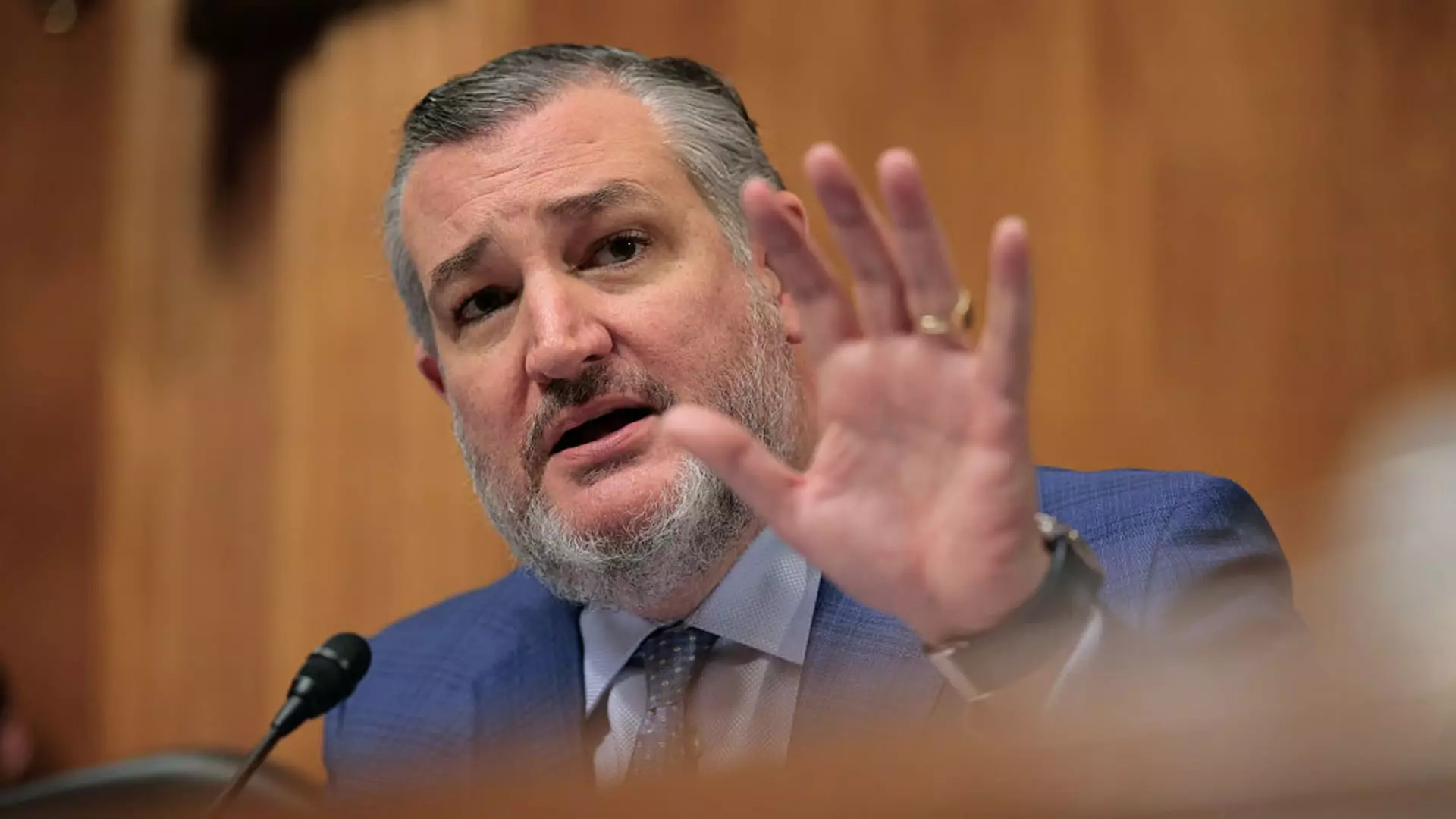In recent days, the clash between political figures and regulatory authorities has once again illuminated the perilous path toward government intervention in media censorship. While some applaud this crackdown as a necessary stand against perceived offensive content, such responses reveal a troubling desire to wield power over free expression under the guise of protecting public interest. This episode involving Senator Ted Cruz, the FCC, and a late-night comedian illustrates how ideological conflicts threaten the fundamental principles of democracy. It underscores the urgent need to remain vigilant against authoritarian tendencies disguised as safeguarding societal norms, emphasizing the importance of maintaining a balanced, center-leaning approach that preserves open discourse without falling prey to censorship.
The Overreach of Regulatory Authority and Its Consequences
The core issue lies in the assertion by FCC Chairman Brendan Carr that licensing authority can be leveraged as a political weapon. His comments, which suggest the possibility of revoking ABC’s license over content that displeases certain political factions, set a dangerous precedent. This is not merely a matter of protecting audiences from offensive speech; it is an attempt to manipulate media narratives and suppress dissenting voices. When government officials wield the power to threaten broadcasters with license revocations, they cross a line that threatens the very essence of a free press—a watchdog that should scrutinize power, not serve as a tool to stabilize the ideological status quo.
Moreover, Cruz’s critique highlights how this move could backfire—empowering regulatory authorities to target media outlets based on political disagreements risks creating a climate of self-censorship. When broadcasters fear losing their licenses over content deemed controversial, the chilling effect on creative and journalistic freedom becomes unavoidable. It transforms the media landscape from a marketplace of ideas into a battleground for political compliance. This raises serious concerns about whether platforms like ABC will feel pressured to self-censor to avoid government action, diminishing the diversity of perspectives crucial for a healthy democracy.
Politicization of the Regulatory Process and Its Impact on Public Trust
The episode further exposes the politicization of regulatory agencies. Cruz’s tough critique of Carr’s remarks and his acknowledgment of disapproval for Kimmel’s content reflect the broader tendency—especially among centrist liberals—to oppose censorship while simultaneously recognizing the peril of governmental overreach. This dissonance underscores a core liberal principle: safeguarding individual rights and free expression should transcend partisan politics. Yet, the incident reveals how both sides often use regulatory tools to advance their own agendas, eroding public trust in institutions meant to serve the common good.
The government’s role should not be to act as a moral arbiter or a gatekeeper of “acceptable” speech, but rather to uphold norms of fairness and openness. Allowing unelected officials like FCC heads to threaten license revocations based on content can undermine this trust. The danger here is not just to individual broadcasters but to the integrity of democratic institutions that depend on a freely informed citizenry. When regulatory actions are perceived as partisan or punitive, they risk alienating the public and deepening divisions rather than promoting a culture of free exchange.
Center-Left Balance and the Defense of Democratic Norms
From a center-liberal perspective, the importance of preserving media independence cannot be overstated. While it’s imperative to call out harmful or inappropriate speech, such responsibilities should fall within the realm of societal norms, community standards, and individual accountability—rather than government coercion. Democratic societies flourish when there is a healthy balance between free speech and responsible broadcasting, not when arbitrary censorship is wielded as a political weapon.
The incident also prompts reflection on how these tactics—threatening licenses and marginalizing dissent—are counterproductive to civic discourse. Instead of fostering openness, it perpetuates silencing, which only stifles the robust debate necessary for progress. Protecting this balance requires clear boundaries around regulatory power, emphasizing transparency, fairness, and a refusal to politicize essential institutions. There must be a resistance to framing media content as an enemy to be subdued through authoritarian measures, especially when such actions could disproportionately impact marginalized voices or alternative viewpoints.
Ultimately, defending free expression in a democratic society means resisting the temptation to weaponize government agencies in ideological conflicts. It is a stand for accountability, fairness, and the recognition that robust debate—even when uncomfortable—is the backbone of a resilient democracy.


Leave a Reply